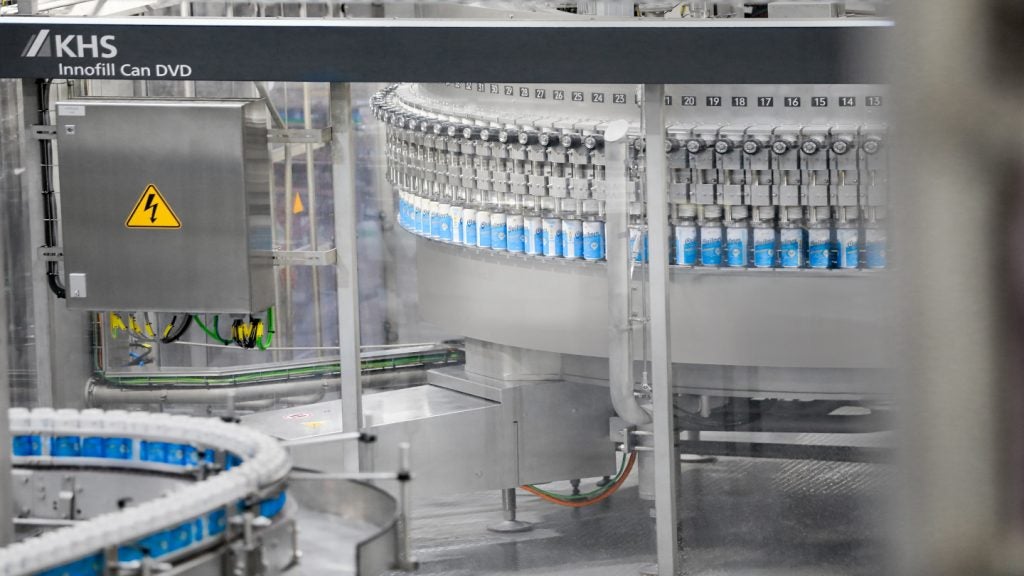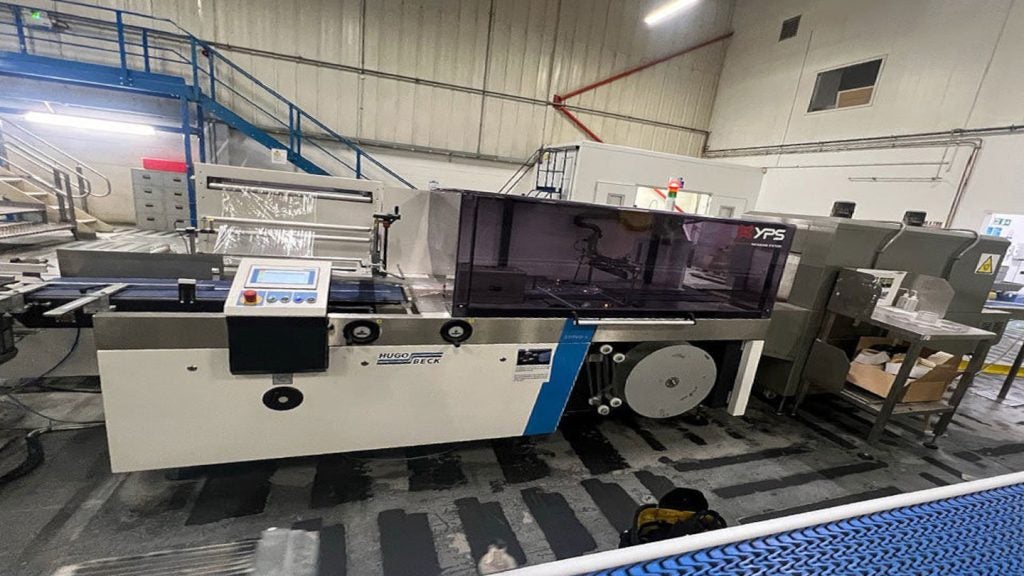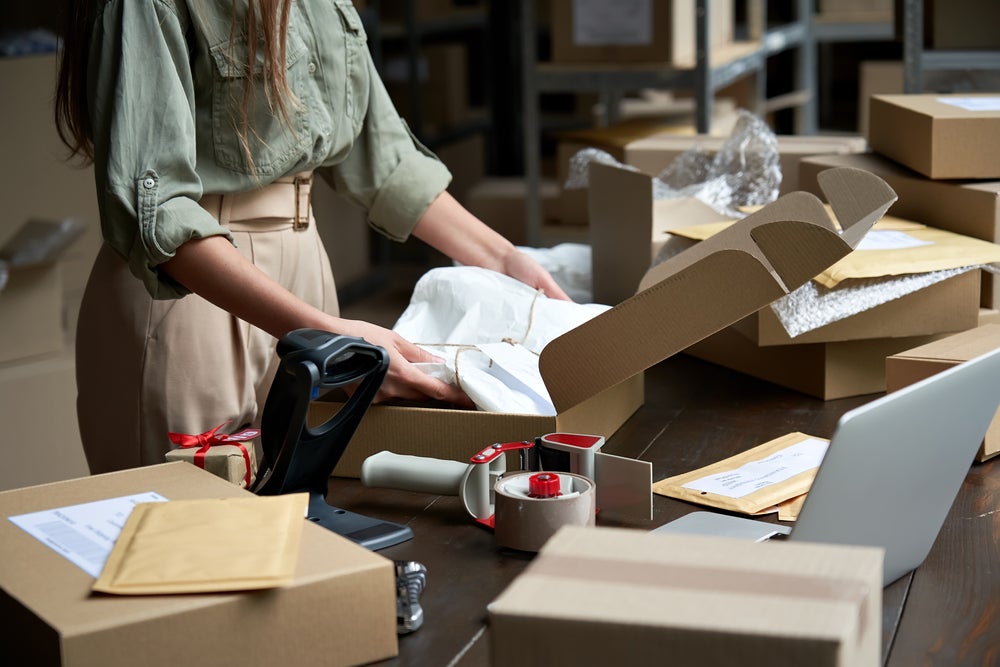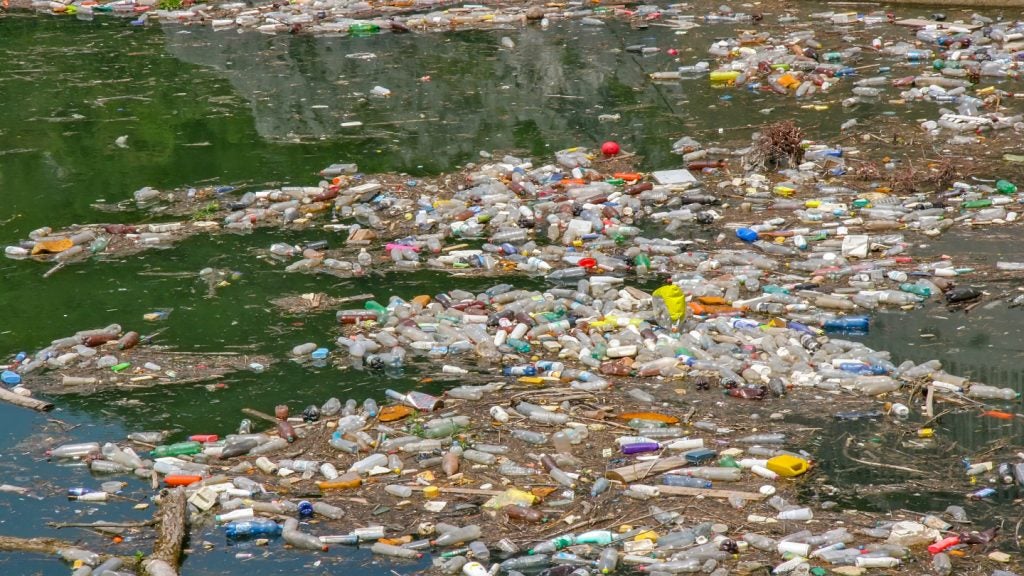The final round of negotiations for the Global Plastics Treaty is underway in Busan, South Korea. Delegates from over 175 nations have gathered to craft a legally binding agreement targeting the life cycle of plastics.
With global plastic production soaring to nearly 460 million tonnes annually—a staggering 200-fold increase since 1950—action is urgently required to address environmental and health concerns.
“Plastic production is set to double by 2040,” warned a representative from the Organisation for Economic Co-operation and Development (OECD). “If left unchecked, this growth could consume a quarter of the remaining carbon budget needed to limit global warming to 1.5°C.”
This alarming trajectory, combined with the revelation that only 9% of all plastic waste has ever been recycled, highlights the critical importance of these negotiations.
The United Nations Environment Programme (UNEP) estimates that 19 million tonnes of plastic enter natural ecosystems annually, endangering wildlife and polluting waterways worldwide.
Key points of contention and consensus
The treaty’s draft contains proposals to address production, design, and disposal. However, sharp disagreements remain over specific measures. Nations like Saudi Arabia, Russia, and Iran, which have significant fossil fuel interests, advocate focusing on waste management rather than curbing production.
In contrast, the European Union, Fiji, and Switzerland are leading the charge for “sustainable levels of production” under the Bridge to Busan declaration.
Though the United States has not signed this declaration, it supports reducing plastic output while also pushing for advanced recycling and reuse systems.
Delegates are also debating which chemicals to ban from plastic products and how to finance the necessary global transition. Despite these differences, there is broad agreement on the urgent need to enhance waste management and encourage reusable materials.
The road ahead for a global agreement
This fifth meeting of the UN’s Intergovernmental Negotiating Committee (INC) on Plastic Pollution aims to finalise the treaty. “We recognise the challenge of aligning diverse interests,” remarked a UN spokesperson. “However, the cost of inaction far outweighs the investment required for systemic change.”
If consensus is not reached this week, a sixth meeting will likely be scheduled for 2025. Industry experts and environmental groups are urging negotiators to act decisively.
The stakes are high, not just for the environment but also for the global economy, as industries brace for shifts in regulation and production practices.
The Global Plastics Treaty represents a pivotal opportunity for nations to redefine humanity’s relationship with plastic.
Whether this week’s discussions will deliver the transformative change needed remains uncertain, but the growing pressure from civil society and scientific communities underscores the urgency of the moment.















